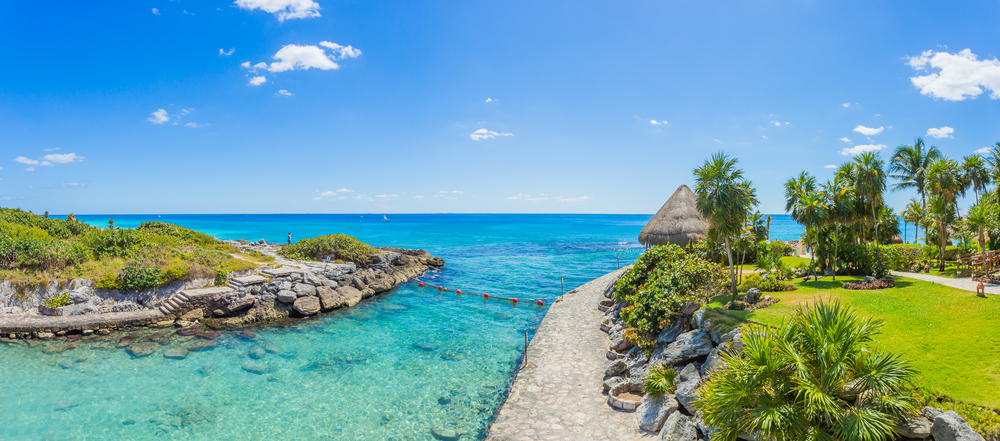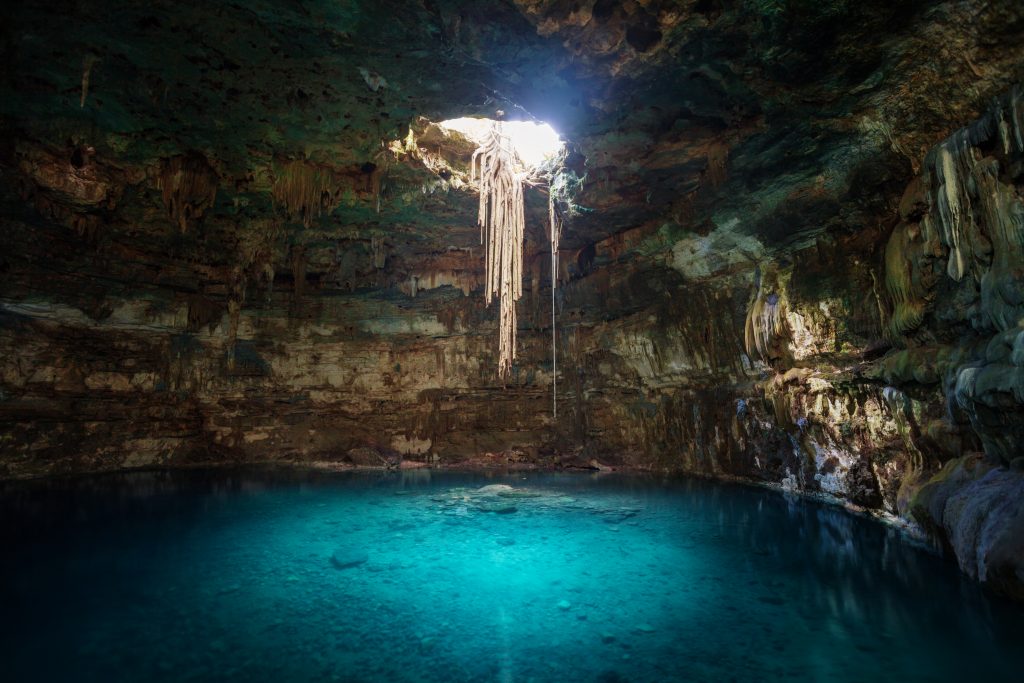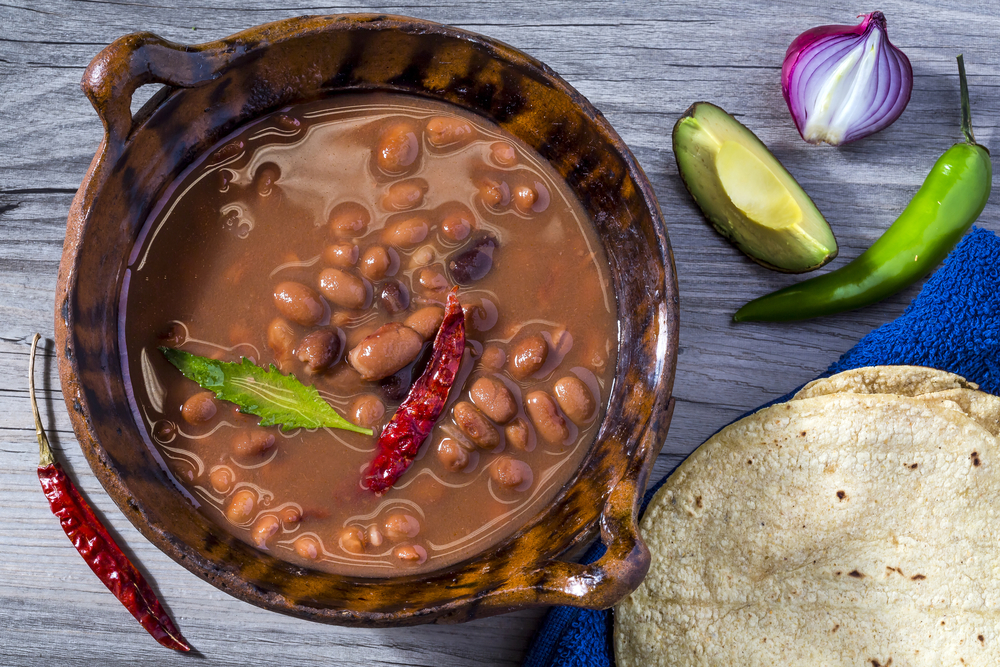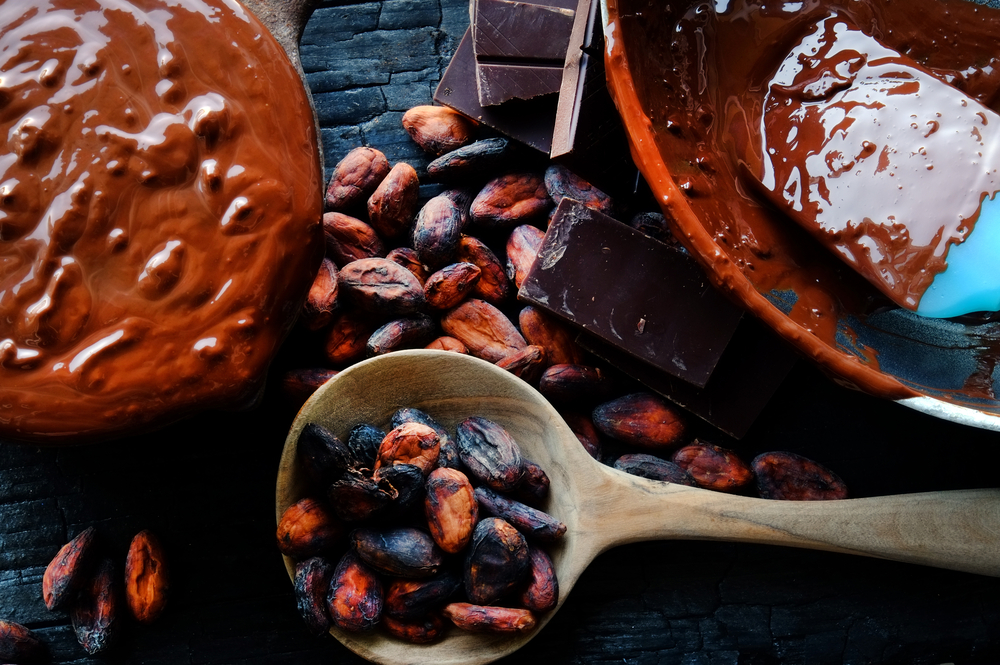Test your knowledge about Mexico: five interesting facts that you might not know
17 October, 2017Mexico is one of our most important destinations, but probably also for you. Its crystalline waters, its climate, its people, its history… there are various reasons for wanting to visit the Aztec country. But there are many things you probably don’t know about this marvellous country, so we’re going tell you some interesting facts about Mexico.
- The beauty of the women of Mazatlán
The women of Mazatlán are considered the most beautiful in the world. The great European migration (French, German, Spanish) to Mazatlán resulted in a unique mixed heritage with the native people that is difficult to find elsewhere in Mexico. The beauty of these women is so recognised that a monument was erected to them in 1983.
- The history of the cenotes
They have become scenic places to visit and, naturally, to take a swim. But to the Mayans they were sacred places. The word “cenote” comes from the Mayan word “tz’onot”, which means sacred well. In Mayan cosmology, cenotes were the entryway to Xibalbá, the underworld where the dead continued their lives, as recounted in the legendary text of the Popol Vuh.
- More languages than in all of Europe
Yes, in Mexico there are more languages than in all of continental Europe. In addition to Spanish, in the Aztec country 69 indigenous languages are spoken, each with its respective dialects. In all of Europe, the number of official languages is 48. The abundance of languages in Mexico is because of all the indigenous languages considered official languages in order to preserve them and safeguard their historic nature.
- Mexican gastronomy, Intangible Heritage of Humanity
The wide diversity of typical dishes of Mexican gastronomy was recognised by UNESCO as Intangible Heritage of Humanity. The gastronomy of Mexico is characterised by the wide diversity of its typical dishes, and, as such, was recognised by UNESCO as Intangible Heritage of Humanity. The basic and representative ingredients of Mexican dishes are corn, cilantro, chile peppers, beans, brown sugar (piloncillo), nopal and jitomate.
- Ahora, ahorita and ahoritita
While most Spanish-speakers use the adverb “ahora” (now) to refer to the present moment, it’s different in Mexico. To emphasise immediacy, people add the suffix “ita”: ahorita is much more immediate than ahora. And ahoritita… well that’s even more immediate or more urgent than ahora or ahorita. If your desire to use the bathroom is very acute, in Mexico they recommend that you say that you need to use the restroom ahoritita.
Did you know these interesting facts? Let’s see if you also know these two. If you do, you’re automatically an expert on Mexico.
- We owe Mexico thanks for chocolate
Today we eat and drink it all over the world, but cacao didn’t reach Europe until the Europeans arrived in the Yucatan. The first documented evidence of tasting cacao on the continent was in Spain, in the early years of the 16th century. After its arrival in Europe, it was transformed over the years. First, in a liquid state, brown sugar and cinnamon are added to sweeten it, and then later, in the early 19th century, it started to be consumed in solid form.
- We’ve tried tequila, but not 100% agave tequila.
We lick the wrist, sprinkle on some salt, lick that up, then swig a shot of a greenish liquid, followed by a bite of lime to cancel out the harsh taste of the drink. That’s how we drink tequila if we’re not from Mexico. A tequila that, on most occasions, we drink sweetened. 100% agave tequila has no added sugars to sweeten it and is the Mexican tequila par excellence. They don’t need sugar, salt or lime to enjoy the quintessential Mexican liquor.
If you want to learn more interesting facts, all you have to do is travel to Mexico and discover them first-hand. We make it very easy: click this link and choose from among the different destinations and hotels we have in Mexico. We’re waiting for you!








2 Comments
Just got back from vacation in cancun I stayed at riu cancun it was wonderful very beautiful resort
HI Alecia!
Thanks for your words We are glad to know that you have enjoyed in one of our hotels
Kind Regards
RIU Hotels & Resorts